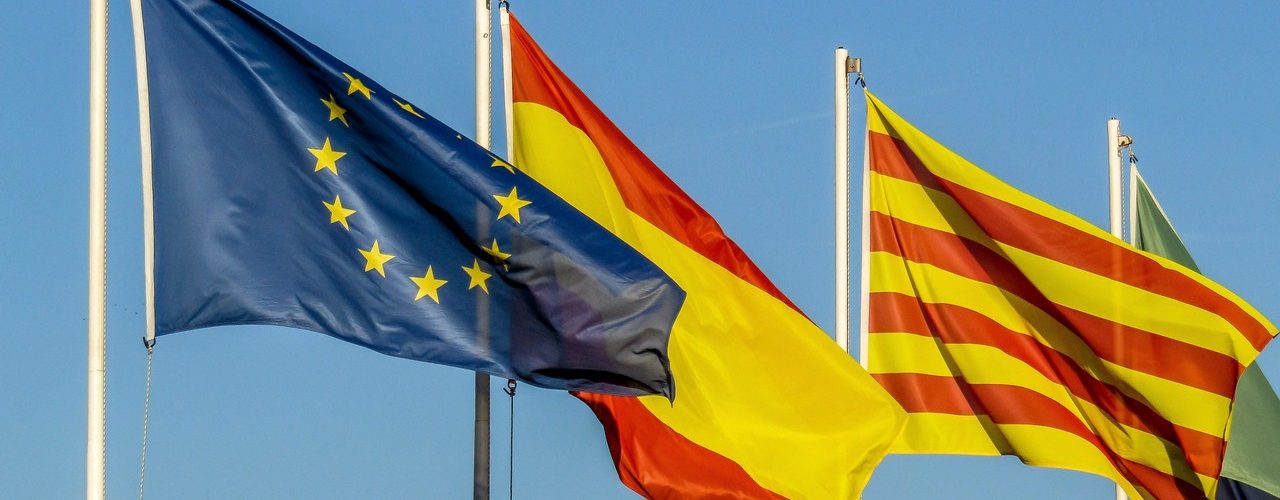On the basis of Article 113 TFEU the turnover taxes of the Member States should be harmonized to the extent that such harmonization is necessary to ensure the establishment and the functioning of the internal market and to avoid distortion of competition. From a revenue perspective, the harmonization seems a great success: EU VAT is a major source of revenue for all Member States. However, it is also clear that the harmonization process has stalled since the late seventies, as a result of which the current EU VAT system is inefficient, sensitive to fraud and complicated. As such it hardly facilitates the internal market, nor does it fulfil its full revenue potential for the Member States. All efforts undertaken since the seventies to further the harmonization process have failed due to an unwillingness at the Member States’ that is grounded in a claim of tax sovereignty. This article examines the substance of the tax sovereignty claim in light of EU VAT harmonization so far. It argues that both from the perspective of the internal market and the perspective of the Member States’ treasuries there is a compelling case for rekindling the harmonization process.
Source: research.vu.nl















